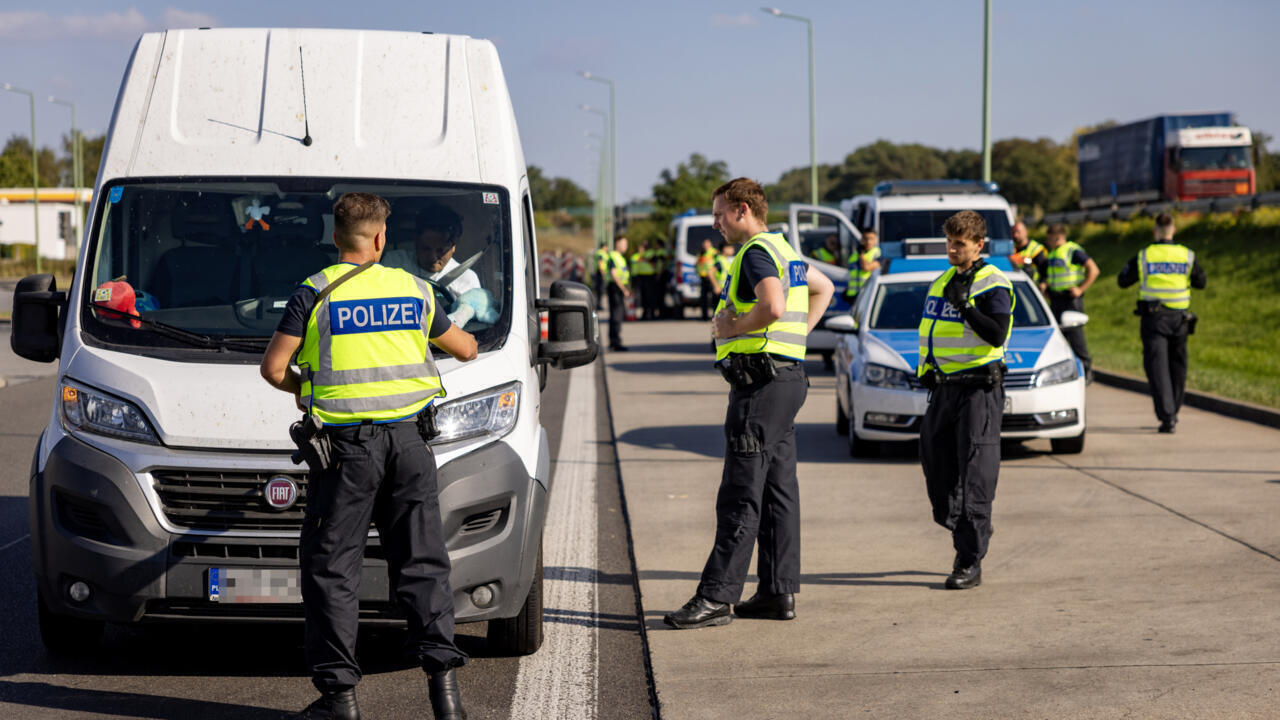Albanian Prime Minister Edi Rama announced that Albania will not conduct asylum procedures for Germany in the refugee reception camps. In an interview with Reuters TV, Rama suggested that Germany should seek another partner for this purpose. “If Germany finds another partner in the region, it would be beneficial to see if it operates in the same manner,” he remarked during the Western Balkans Conference.
Albania has begun processing asylum applications for Italy at two new reception centers along the border, which became operational a few days ago. Under the Albania-Italy agreement, only legally recognized refugees are permitted to proceed, while other asylum seekers are held at these centers. This arrangement has faced strong opposition from human rights organizations, which have criticized the centers as resembling concentration camps.
The two new reception centers can accommodate 3,000 refugees and are secured by Italian police forces, with 500 officers deployed on-site. Italy aims to restrict transit through its territory to legally recognized asylum seekers. The agreement between Albania and Italy serves as a model sought by several European Union countries that wish to process asylum applications in a third country outside the EU. Additionally, the opposition coalition in Germany is calling for the adoption of this model to help reduce migration to Germany.
Rama dismisses the idea of using Albania as a model for reducing illegal immigration, stating that “models should be tested.” He explained that the agreement with Italy stems from the strong relationship between the two neighboring countries, highlighting their mutual benefits. Italy has gained by reducing illegal immigration, while Albania has benefited by providing regular employment for its citizens in Italy.
The Albanian Prime Minister noted that he had previously proposed a similar agreement to former Chancellor Angela Merkel in 2015. Rama believes that the six Balkan countries seeking EU membership are well-suited to screen asylum seekers, as they are surrounded by EU nations yet are not bound by European law. He emphasized that officials should explore innovative ways to leverage this unique position.
Rama emphasized that Germany requires foreign workers and must address illegal immigration. He also accused EU countries of using the migration issue to gain votes by inciting fear of refugees and failing to agree on a common migration policy. Furthermore, he highlighted that the growing division between Muslims and Christians, as well as between whites and blacks, is detrimental to Europe. Rama noted that some officials are exacerbating this culture war, which poses a threat to the continent’s unity.
Albanian Prime Minister Declines to Enforce Asylum Procedures on Germany’s Behalf





